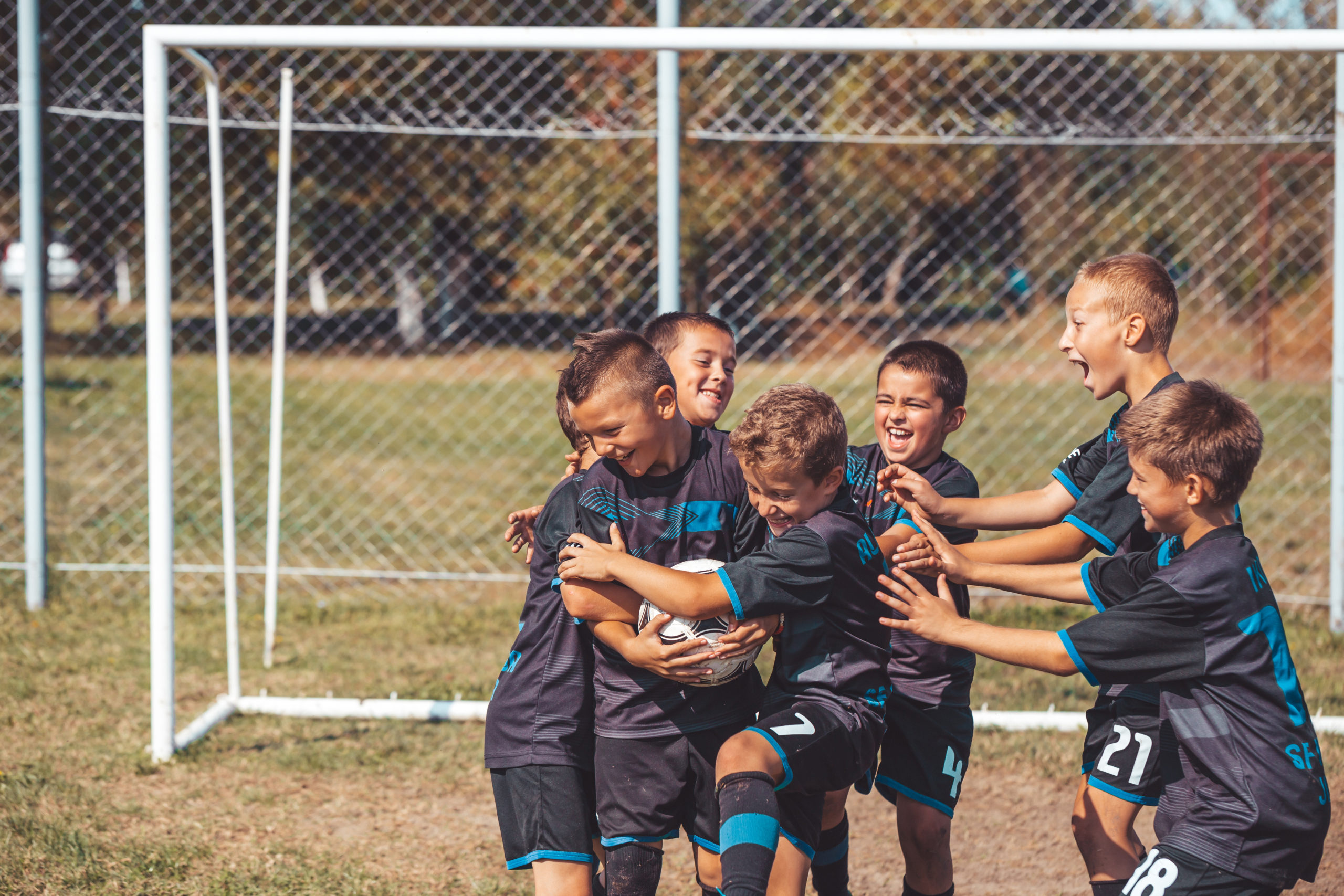It’s been a long 20 months and counting since the pandemic hit and it’s no surprise that the nature of social distancing and shutdowns has had a major impact on children and the way they interact. While it’s vital, of course, to keep students safe, it’s also important to nurture their social experiences to help them have a well-balanced childhood. The experts at Apex Leadership Co. weigh in on how to encourage social activities for kids.
Everyday social interactions with students, teachers, parents, family, and friends provide a multitude of learning opportunities. These seemingly insignificant interactions in the classroom, at the dinner table at home, or in a team sport, or club setting all allow children to learn to share, work together, problem-solve, set boundaries, feel comfortable around others, and experience fun and enjoyment. These types of daily interactions can also help children to learn and exemplify empathy for others.
Getting children involved in extracurriculars beyond the classroom is a great way to help them become well-rounded students. Team sports teach not only the skills of the sport itself but the important role that each member of the team has to play in order to be successful. Being involved in a sport or other group or club (such as marching band or yearbook committee) also teaches kids the importance of commitment and accountability. Oftentimes these groups require a dedication of time for meetings and practices, and it is expected that all members are present and engaged during these events, which of course also provide that great social interaction.
According to an article on Mayo Clinic’s website, team sports provide the social benefit of making friends and connecting with other people as well as emotional benefits such as perseverance and learning how to win and lose.
Furthermore, an article on the Cleveland Clinic’s website points to the ability team sports has to improve children’s mental health. Based on a recent study, engaging in team sports has even been shown to help kids stave off depression. According to the article, “Researchers found children who were exposed to adverse childhood experiences reported better mental health as adults if they had participated in team sports as children.”
The article states this can be attributed to the social skills and ability to interact with their peers more effectively that children learn through team sports. It also points to characteristics such as being able to lead and negotiate with others to achieve a common goal.
“Having your kids in structured social activities that they can learn appropriately, and they can be safe, but activities that help build persistence, and resilience, are very positive influences later on in life,” says Joe Austerman, D.O. of Cleveland Clinic Children’s.
After what they have experienced since the onset of COVID, it’s natural that some kids may be a little hesitant about rejoining social activities. So start small. Simply arranging the time for a child and one close friend is a good place to start. Once they start to feel comfortable with that, start to make these activities part of the routine schedule, and add additional opportunities to participate in groups or afterschool sports.
Apex Leadership Co. encourages parents and guardians to help their children reengage in social activities when they feel safe to do so. Getting involved in a sports team or other club or group can help them gain confidence, improve their mental health, learn valuable leadership lessons, and most importantly, have fun!


